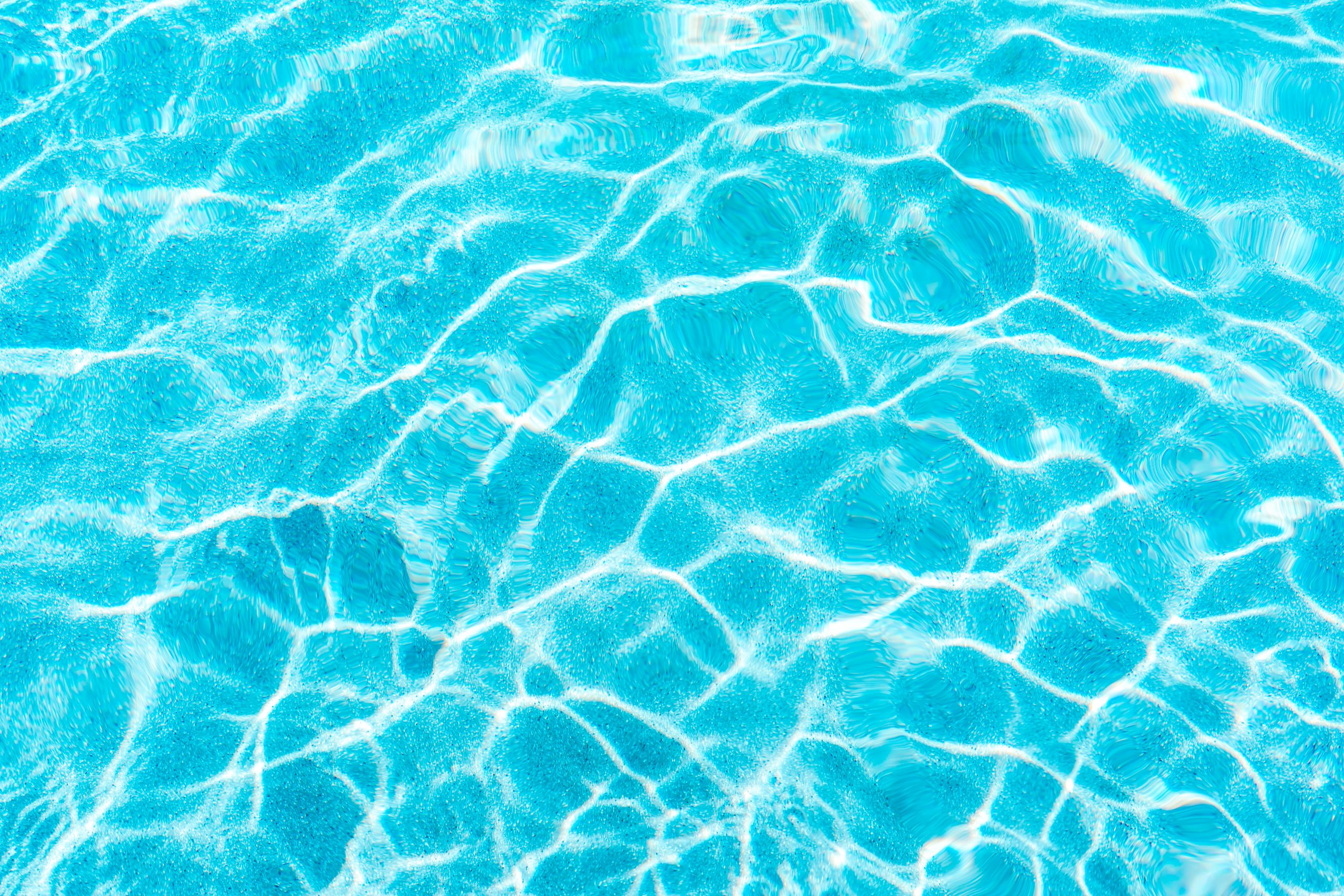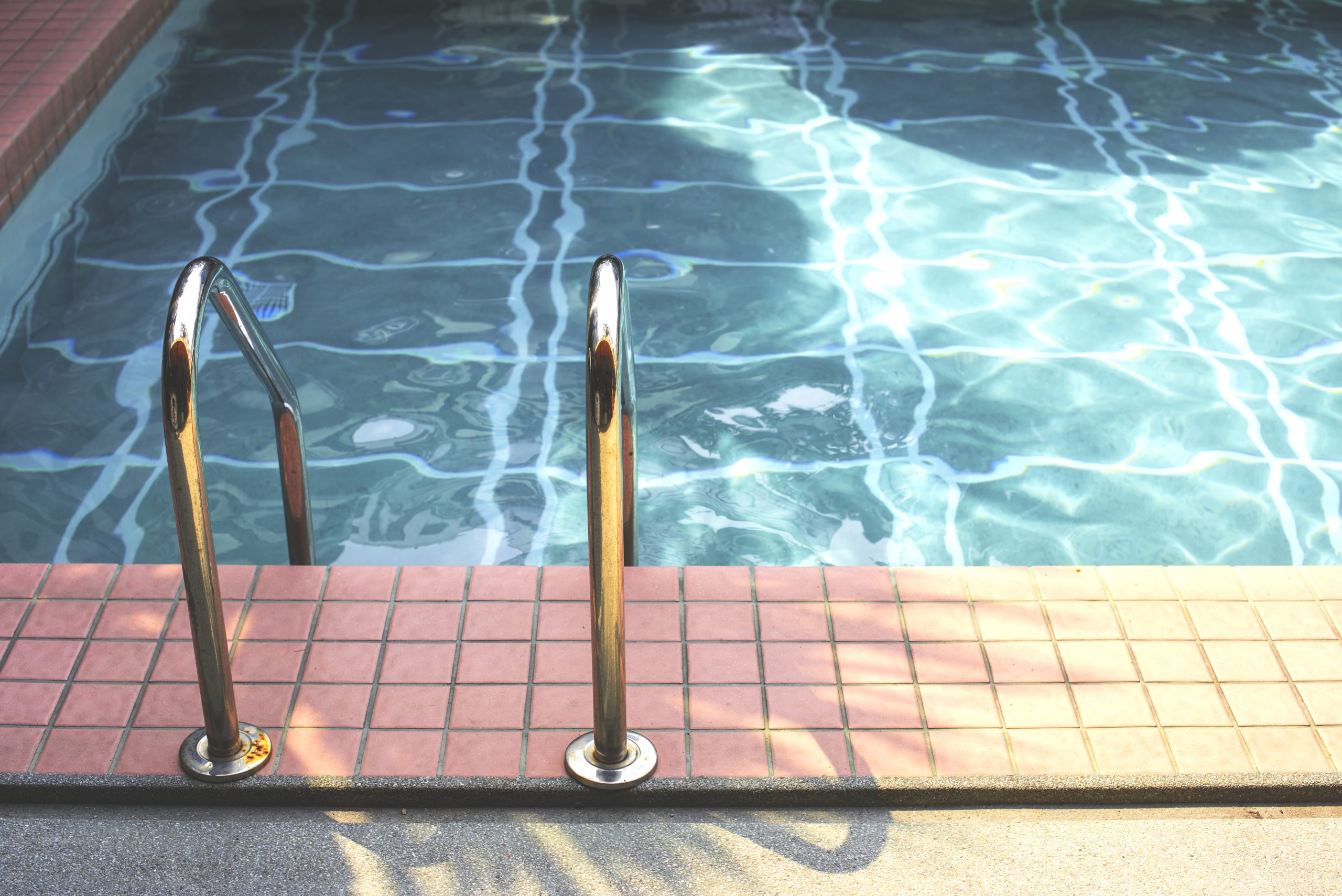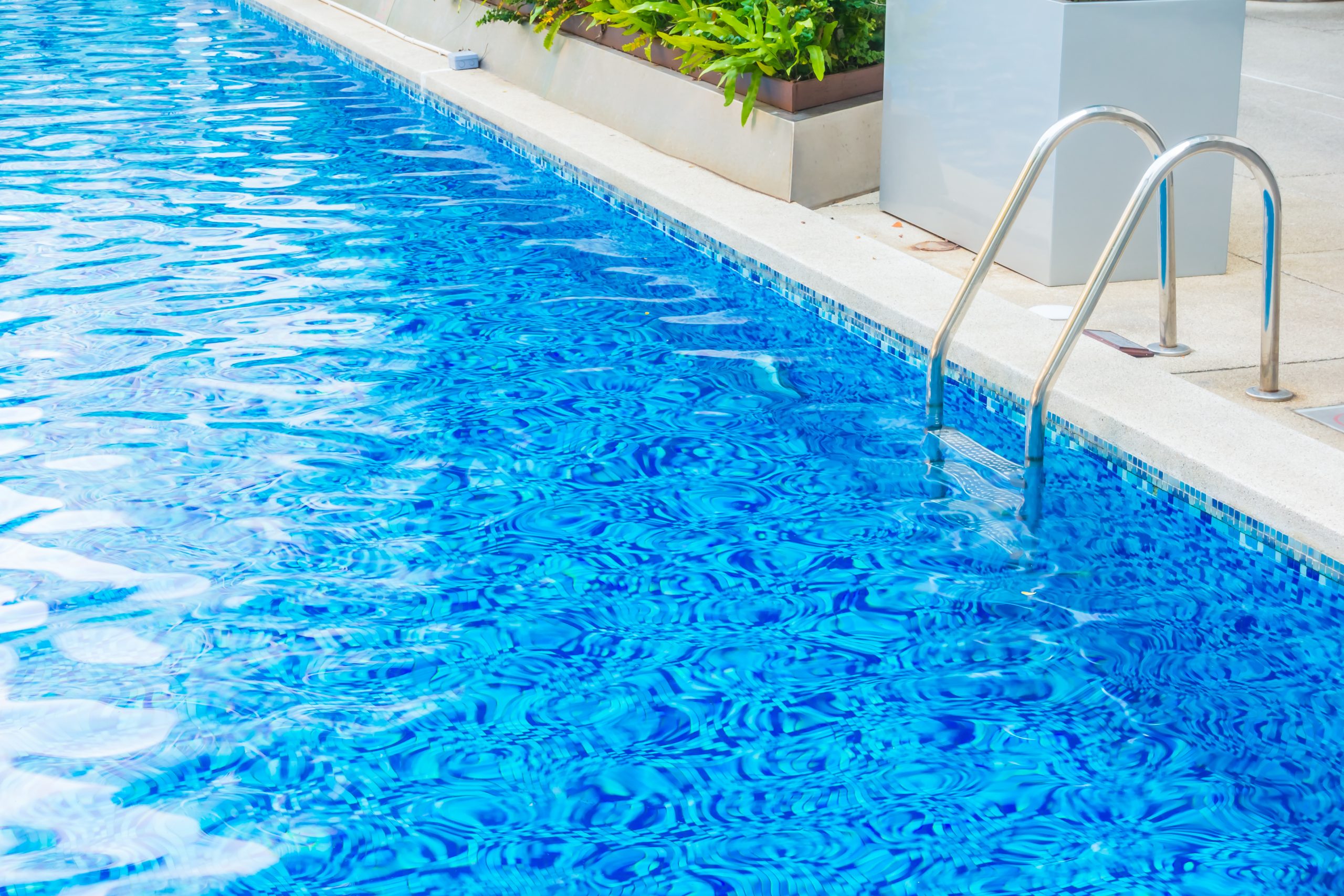No Chemical Swimming Pools: A Healthier Choice Guide

Recently, various aspects of our lives have observed a significant shift towards environmentally friendly and health-conscious choices. This trend has made its mark in the realm of swimming pools as well. Many homeowners and enthusiasts are now embracing chemical-free swimming pools as a healthier and more sustainable option. Here’s a guide that helps you understand why choosing a no-chemical swimming pool could be a healthier choice for you and your family.
Understanding Chemical-Free Swimming Pools
Chemical-free swimming pools, often called natural swimming pools or living pools, are constructed to mimic the natural processes of purification found in nature. This approach discards the need for chemicals like chlorine and bromine, traditionally used in swimming pool maintenance. These pools leverage biological filters and plants to purify and cleanse the water, providing a safe and healthy swimming environment.
Understanding the Hazards of Chemical-Based Pools

Chemical-based pools have been linked to several health problems, including:
- Skin and eye irritation: Chlorine and other chemicals can irritate the skin and eyes, leading to redness, dryness, and itchiness.
- Respiratory problems: Chlorine can also irritate the lungs, leading to coughing, wheezing, and asthma attacks.
- Allergies: Some people are allergic to chlorine and other chemicals, which can trigger allergic reactions such as hives, rash, and difficulty breathing.
- Cancer: Some studies have shown that exposure to chlorine and other chemicals in swimming pools may increase the risk of certain types of cancer, such as bladder and skin cancer.
Choosing the Healthier Option: Why Go Chemical-Free?
If you’re concerned about the health risks associated with chemical-based pools, a no-chemical swimming pool may be a better option. No chemical collections offer a number of health benefits, including:
- Gentler on the skin and eyes: No chemical pools are much gentler on the skin and eyes than chemical-based pools. This is because there are no harsh chemicals to irritate the delicate tissues.
- Reduced risk of allergies and asthma: No chemical pools can help to reduce the risk of allergies and asthma attacks, especially in children.
- Potentially lower cancer risk: Some studies have shown that exposure to chlorine and other chemicals in swimming pools may increase the risk of certain types of cancer. However, more research is needed to confirm this link.
The Science Behind No Chemical Swimming Pools

No chemical swimming pools are gaining popularity as an environmentally friendly and healthy alternative to traditional chlorine or bromine-treated pools. These innovative pool systems harness the power of nature to provide clean, fresh, and healthy water for swimming. Let’s delve deeper into the fascinating science behind no-chemical swimming pools, exploring the natural processes that make this innovation a remarkable choice for modern homeowners.
The Intricacies of Plant Filtration
Plant filtration, also known as phytofiltration, is one of the main pillars of natural swimming pool purification. This process involves:
Aquatic Plants
Aquatic plants play a vital role in maintaining water purity. They absorb nutrients from the water, denying algae the opportunity to grow, thus preventing the common problem of algal blooms in chemical pools. Additionally, these plants help to oxygenate the water, creating a more vibrant and natural environment.
Beneficial Bacteria
These pools also foster beneficial bacteria, which reside in the roots of the plants. These bacteria work tirelessly to break down organic material, naturally cleaning the water and protecting it from potential pathogens.
Soil Filtration: Nature's Filtering Agent
The soil bed in a natural swimming pool serves as an effective and potent filtration system, offering benefits such as:
Impurity Removal
The soil bed in a no-chemical swimming pool acts like a natural sponge, soaking up impurities and filtering the water as it passes through. The fine particles in the soil capture and neutralize various contaminants, resulting in clean and clear water.
Mineral Enrichment
As the water flows through the soil, it gets enriched with essential minerals, which contribute to the overall health and vitality of the water, offering a nourishing and refreshing swimming experience.
UV Sterilization: A Modern Touch to Natural Pools
To further enhance the purity of the water, some natural pools employ UV sterilization techniques, a process that involves:
Bacteria and Virus Elimination
UV sterilization involves exposing the water to UV light, which can neutralize harmful microorganisms, including bacteria and viruses. This process disrupts the DNA of the pathogens, preventing them from reproducing and thus eliminating the threat they pose.
Reduced Reliance on Chemicals
Using UV sterilization, the pool system can significantly reduce or even eliminate the reliance on harsh chemicals for water purification. This modern touch ensures that the pool remains as natural as possible while maintaining a high water cleanliness standard.
Understanding the science behind no-chemical swimming pools illuminates the beauty and efficiency of merging nature with modern technology for a healthier and more enjoyable swimming experience. By harnessing the natural purification processes of plant and soil filtration coupled with UV sterilization, these pools offer a refreshing, eco-friendly, and wholesome alternative to traditional pools, promising a delightful swimming experience and a step towards a more sustainable future.
Planning Your Chemical-Free Swimming Pool

1. Design Considerations
When designing your pool, consider incorporating elements such as rocks, waterfalls, and natural-looking landscapes to create a harmonious and visually appealing setup.
2. Filtration System
A well-designed filtration system is crucial. This usually consists of a regeneration zone where plants help to purify the water, and a swimming zone, which is kept free of plants for unrestricted swimming.
3. Maintenance
Though devoid of chemical treatments, natural pools require regular maintenance to ensure the ecosystem’s balance, including monitoring water quality and removing debris.
Making the Transition: How to Switch to a Chemical-Free Swimming Pool
If you’re interested in switching to a no-chemical swimming pool, there are a few things you need to do:
- Have your pool professionally designed and built. A qualified pool builder can help you design a pool that is suitable for your needs and climate.
- Choose the right plants and algae for your pool. There are a variety of plants and algae that can be used to filter the water in a no-chemical pool.
- Install a UV sterilization system. A UV sterilization system can help kill water bacteria and viruses.
Maintaining Your No Chemical Swimming Pool: Tips and Techniques

Owning a no chemical swimming pool is an invitation to embrace a healthier and more eco-friendly lifestyle. However, maintaining such a pool requires different strategies compared to conventional pools. The focus is on nurturing a balanced ecosystem that naturally keeps the water clean and refreshing. Here are some tips and techniques to help you maintain your no-chemical swimming pool efficiently:
Regular Monitoring and Adjustments
Water Quality Testing
Regular water testing is a must to maintain the balance of nutrients and minerals in the pool. Utilize water testing kits to monitor pH, alkalinity, and other essential parameters, adjusting them as needed to maintain an optimal environment.
Observing Plant Health
Keeping an eye on the health of the aquatic plants in your pool is crucial. Ensure that they are thriving and effectively filtering the water. You should occasionally prune the plants to prevent overcrowding and promote healthy growth.
Natural Filtration System Maintenance
Soil Filtration
Ensure the soil bed is not compacted and is free of unwanted debris. This will facilitate proper water flow and effective filtration through the soil layers.
Cleaning the Regeneration Zone
The regeneration zone, which houses the plants that help in filtering the water, needs to be cleaned regularly to prevent the buildup of sediment and other debris, ensuring efficient operation.
UV Sterilization System Care
Regular Inspection
Inspect the UV sterilization system regularly to ensure it’s functioning optimally. Clean the UV light chamber to prevent any buildup that might hinder the effectiveness of the UV light.
Timely Bulb Replacement
UV bulbs have a certain lifespan. Make sure to replace the bulbs as recommended by the manufacturer to maintain the efficiency of the sterilization process.
Dealing with Algae and Other Unwanted Organisms
Physical Removal
In case of an algae outbreak, remove the algae physically using pool brushes or vacuums designed for natural pools to prevent further proliferation.
Promoting Beneficial Organisms
Encourage the growth of beneficial organisms that naturally combat algae and other unwanted organisms by maintaining a healthy pool ecosystem.
The Science Behind No Chemical Swimming Pools
Winter Care
During the colder months, you should take extra steps to protect your pool, such as removing delicate plants and installing a pool cover to prevent debris accumulation.
Spring Preparation
Prepare your pool for the swimming season in the spring by cleaning it thoroughly, replanting aquatic plants if necessary, and restarting the filtration and UV sterilization systems.
Maintaining a no-chemical swimming pool involves nurturing a balanced ecosystem that promotes clean and healthy water. By following these tips and techniques, you can enjoy a refreshing and eco-friendly swimming experience year-round while stepping towards a more sustainable lifestyle.
Positive Health Impact of No Chemical Pools
Several case studies have shown the positive health impact of no chemical pools. For example, one study found that children swam in no chemical pools had a lower risk of developing allergies and asthma. Another study found that adults who swam in no chemical pools had a lower risk of developing skin and eye irritation.
Conclusion: Embracing a Healthier Swimming Experience
If you’re looking for a healthier swimming experience, consider switching to a no-chemical swimming pool. No chemical pools offer several health benefits, including reduced skin and eye irritation, a lower risk of allergies and asthma, and potentially a lower cancer risk. Suppose you’re interested in learning more about no-chemical pools. In that case, there are several resources available online and in libraries.
Chemical-free swimming pools present a healthier and more sustainable alternative to traditional pools. By embracing this natural approach, you can enjoy a refreshing and serene swimming experience while promoting environmental health and well-being.
Remember, making a healthier choice benefits you and contributes positively to the environment. Dive into the world of chemical-free swimming pools, and embrace a future where leisure meets responsibility.
